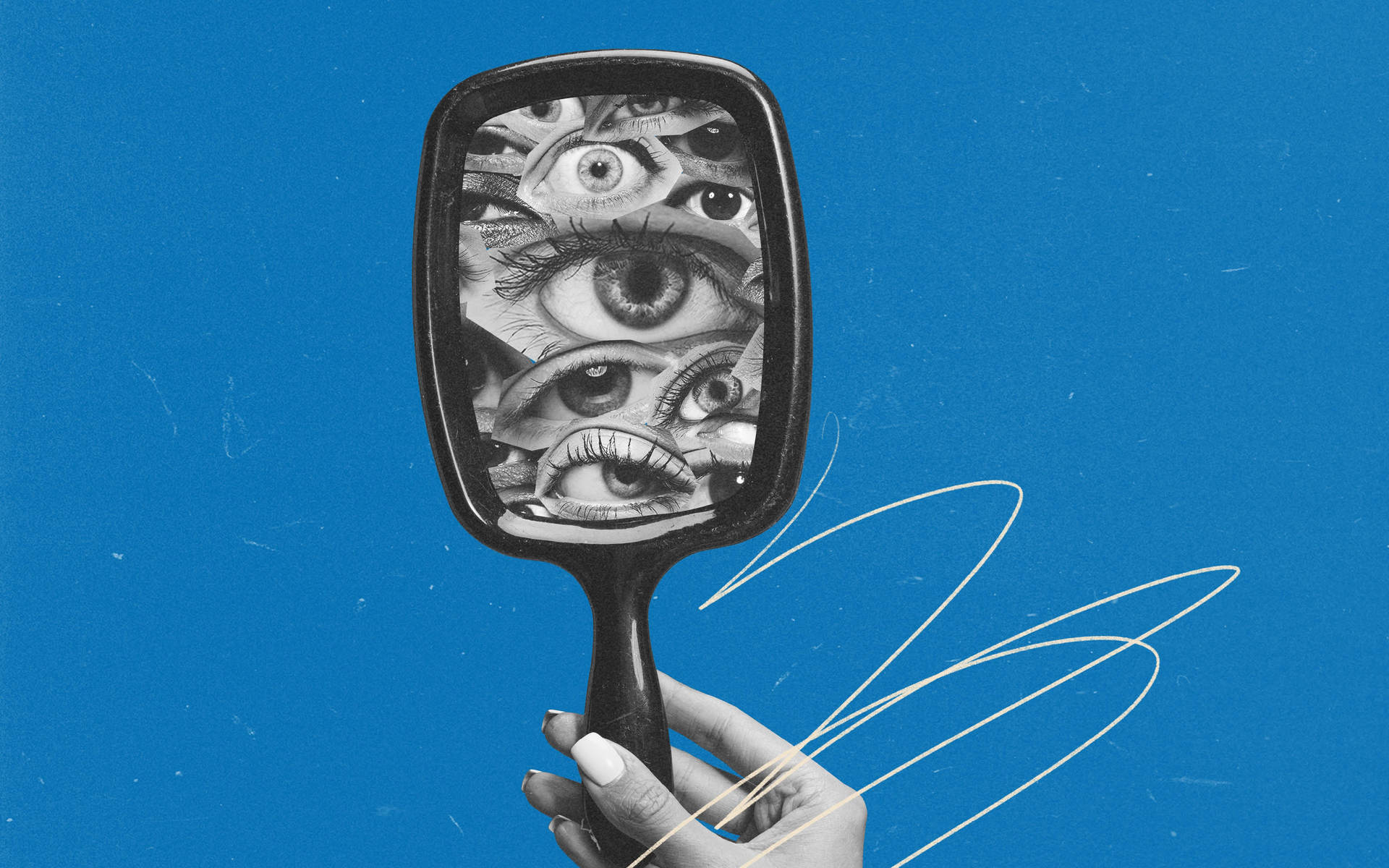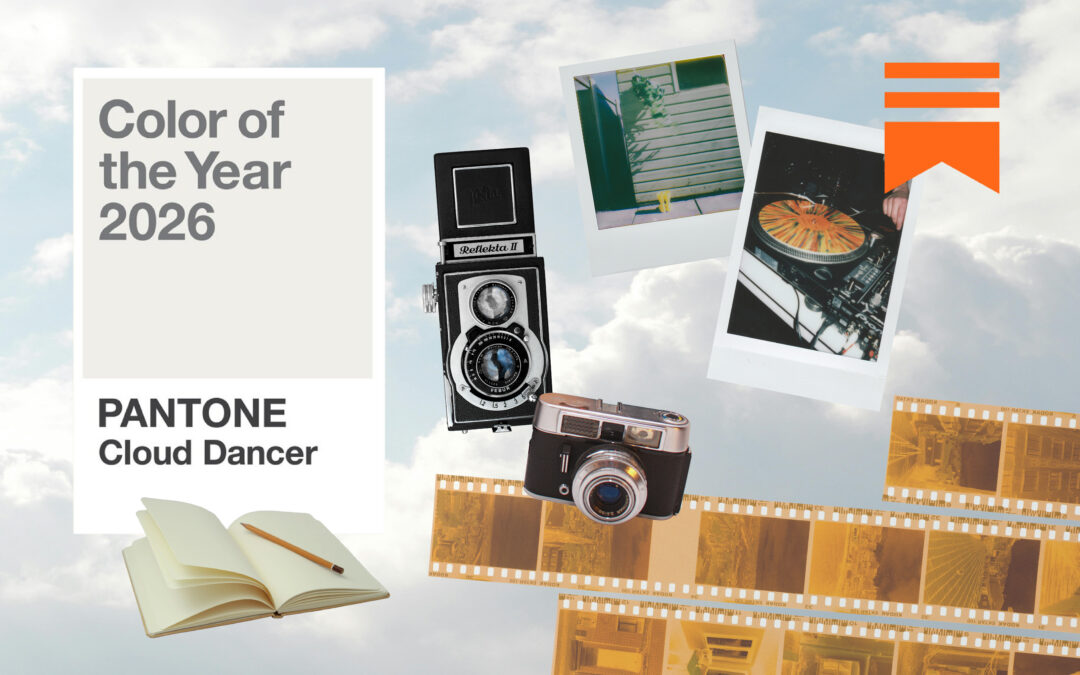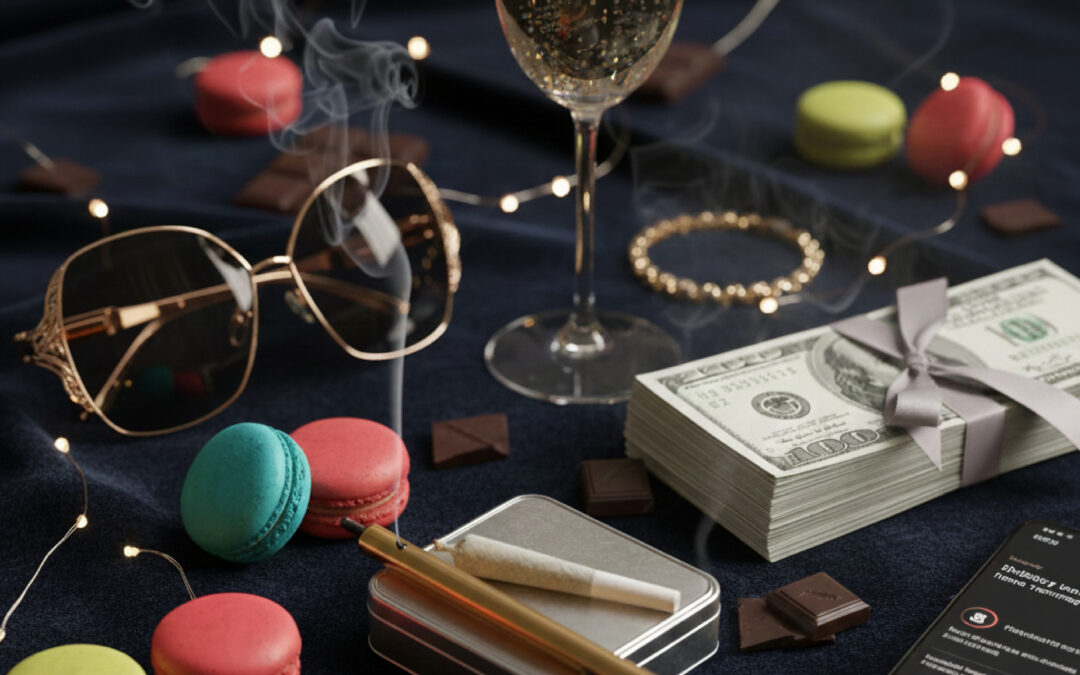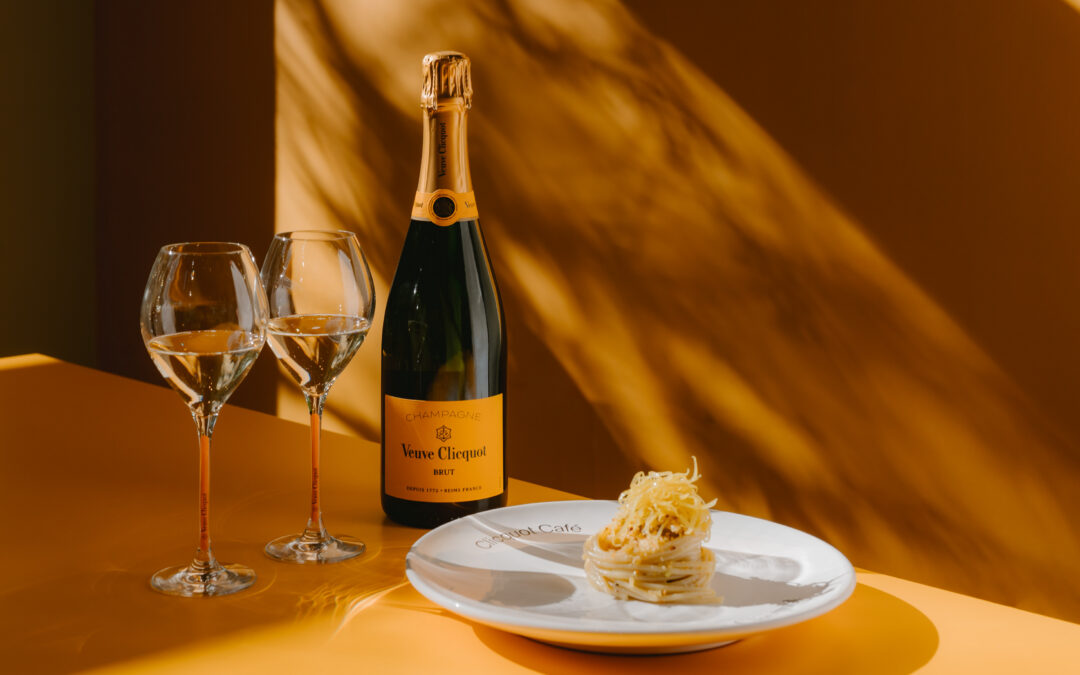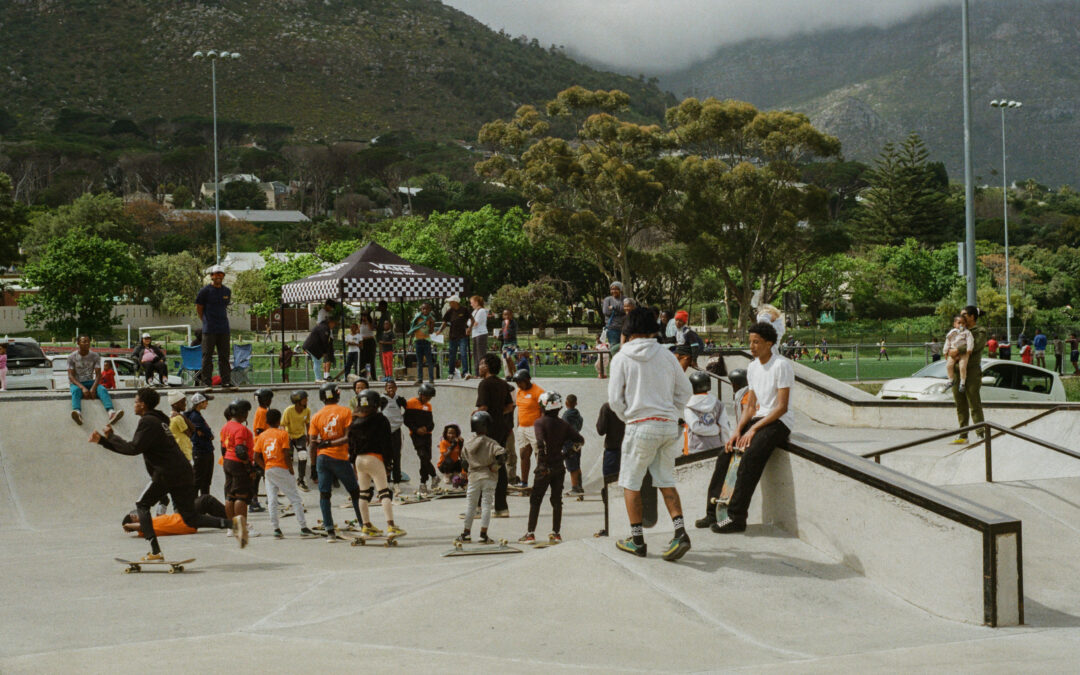We’ve come a long way since Scott’s Emulsion was the only thing that could help us to grow. These days we live in a sea of wellness brands with names that sound like ‘Sexy Onomatopoeia’; their packaging all couched in beautiful pastel colours and fun typography. It’s hard not to want everything, or worse, to feel like you need everything in order to truly embody your best self. That is the common rhetoric sold in the wellness industry; with an estimated market value of $1.5 trillion – taking care of ourselves has never been more lucrative. Between all the superfoods, flat tummy teas, vagina eggs, IV drips, and protein powders – where is the line between what is good and necessary for our bodies, and what is a feel-good indulgence?
How do you choose which wellness brand is ‘The One’ for you? Or do you choose to build your personal brand on turning your nose down at all of them? Nevermind the Instagram of it all, how is it possible to know what is actually good for your body? The reality is that probably anything you do for your body to give it some extra love is good [not a medical opinion], and “wellness” – whatever form that might take for you – is more about identity than health choices. Beyond eating your five-a-day and exercising, it can be fun embellishing your routine with any kind of wellness practises from 16-step skincare routines to supplements, from gratitude journals to saging your apartment. Just like pretty much everything else in the world these days, wellness operates on a trend-based cycle of never-ending newness (or ancient practices rebranded as new) that we can pick and choose in order to distinguish ourselves. Just like in music, fashion or food, it feels so good to very selectively be a part of something that allows you to have fun and feel slightly smug – and I mean, it is important to engage in self-care practice. I think the important thing to remember is that not everything has to be incorporated into our daily lives; nor should we amass any shame for sticking to our tried and tested favourites. When navigating wellness trends, or brands, consumer intelligence is more important than ever; with a lot of brands presenting quick fixes and solutions, rather than overall and holistic tools to complement our lives.
It requires a fine-balance to navigate the wellness space; and a lot of it can be very useful. I personally love to have in-depth skincare chats with my girlies where we’ll name drop ingredient names all night long (retinol, niacinamide, anyone?) – but I also love to have a horrified gab with my mother about the crazy things Tiktok is telling us to do next, or even better, roll our eyes at something we’ve been doing for years in our Indian household becoming a trend – such as the latest wave of hair oiling, which is a long-kept tradition of South Asian women. Despite this, and what makes ‘wellness’ so tantalising, is that there’s fun to be had for both cynics and optimists, and ultimately no one can argue that there is anything wrong with trying to better your overall mental, physical and spiritual wellbeing, right? After all, you can choose to have a laugh at the expense of the ladies doing Wim Hof at Seapoint but they’re emerging from the icy water feeling brand new – who wouldn’t want that? I hear that every cold-immersion is like being born a-new.
The irony though, is that there’s a sinister side of wellness culture these days that doesn’t make us feel or act very well at all. There’s an insidious cultishness to many of these wellness brands – like Goop for example – and their ability to take over our brain spaces and convince us that their word is gospel. Through the use of language and a sense of community, they can take advantage of the human tendency to go 160% when we love something. We’ll defend it to our detriment, and unfortunately, when wellness brands don’t stay in their lane, it can get dangerous. The podcast Sounds Like A Cult does a great job of dissecting how brands like Goop can get, well, culty. At their convention in New York in 2018 for example, they platformed a well known AIDS denialist and conspiracy theorist, Dr Kelly Brogan, who they also cite as an ‘expert’ on their site. Brogan has also made claims that depression isn’t real, and most recently, that the Coronavirus pandemic is a ploy to cover up the rollout of 5G, and it seems Covid was like a dog whistle for every conspiracy theorist masquerading as a wellness influencer. Wellness groups on social media and particularly wellness influencers contributed hugely to the swell of misinformation that led to the anti-vax movement during the pandemic; it seems that the far-right conspiracy theorists and wellness realms intersected to a very harrowing effect. With the wellness industry presenting as a solution to a population disenchanted by ‘Big Pharma’ and medical care; it has left a vacuum for people to adopt unscientific, fringe theories. One particularly crazy example is an influencer, Amanda Hesser, who even went as far as asserting that non-vaccinated women could experience changes in their menstrual cycle by merely spending time with vaccinated people. I feel insane even typing that!

Image 1: Vogue Scandinavia, Instagram
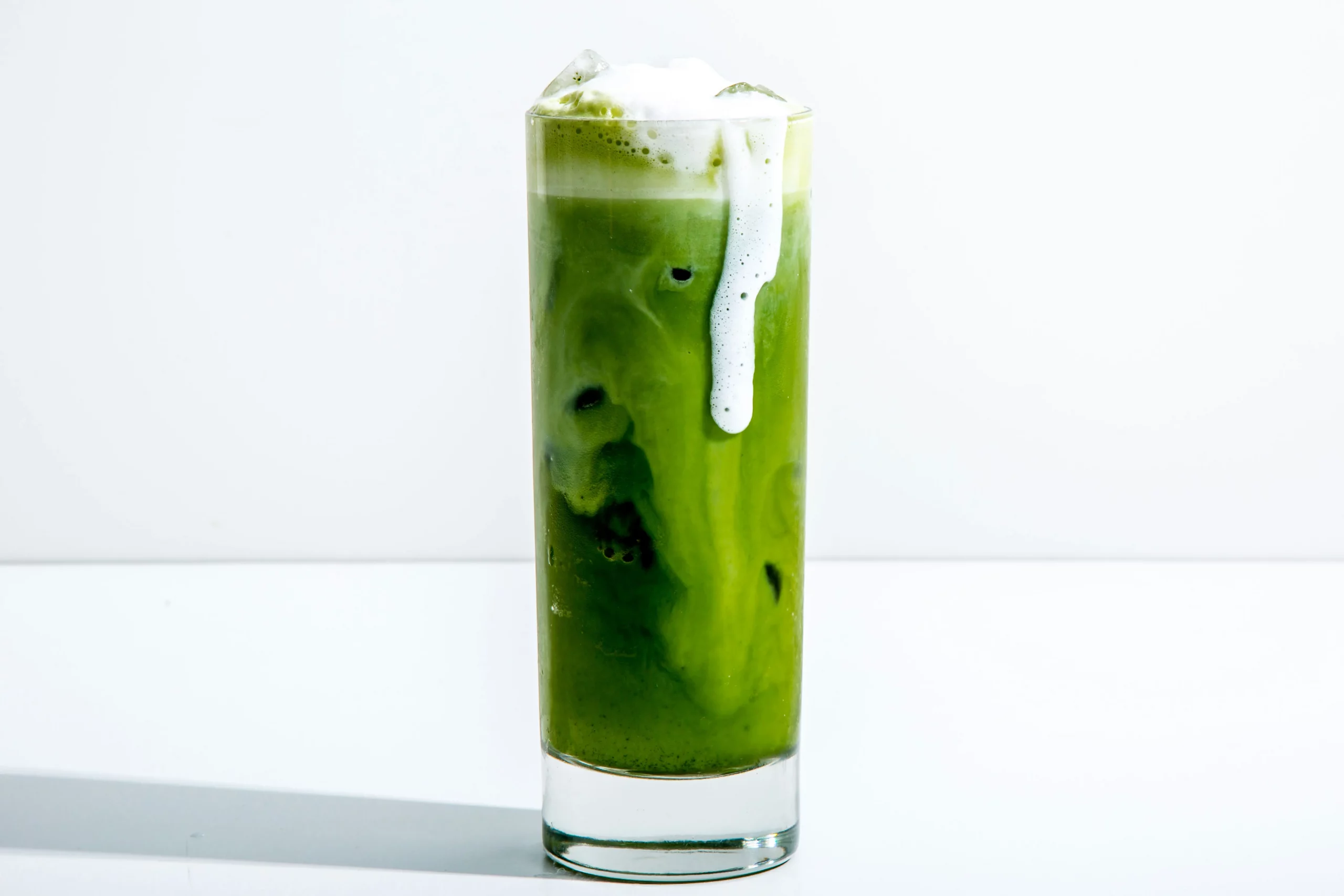
Image 2: Iced Matcha Latte, bonapptit.com
Then, there’s toxic diet and weight loss advice parading as wellness; in which wellness is the perfect veneer to hide all manner of disordered-thinking around eating and body shame. Brands like Kourtney Kardashian’s Poosh post content of extremely thin models and influencers, sex advice and juicing recipes, and then have the audacity to post a mantra like “don’t let anyone destroy your inner peace”; like an illusion, in which being perfect is the only way to find serenity. Basically, the toxic shit mentioned is not actually wellness and it sucks that they can take away from what makes wellness practises so wholesome and fun. In their article for Dazed, Alex Peters makes the point that the inaccessibility and extreme tendencies of these brands has pushed people away from wellness culture completely. It’s disappointing that the entire industry is getting a bad rep from a few bad guys – but it also speaks to the inevitably of nearly every industry that achieves lucrative status. Well-meaning, healthy lifestyles make perfect targets for the algorithm, ads and profit.
Although the world of wellness can seem super overwhelming – when you take a step back and look at it for what it is, the rules of engagement seem simple: Drink an anti-ageing matcha latte if you like it, don’t if you don’t. As with anything, the trick is not to go too far down the rabbit hole. Wellness is just that – a set of practises that make you feel well – happy, healthy and glad to be alive. Wellness is not a lifestyle, a personality or a medical practice. Please keep going to doctors, and also talk about other things at dinner parties – being ‘well’ comes in many, many forms.
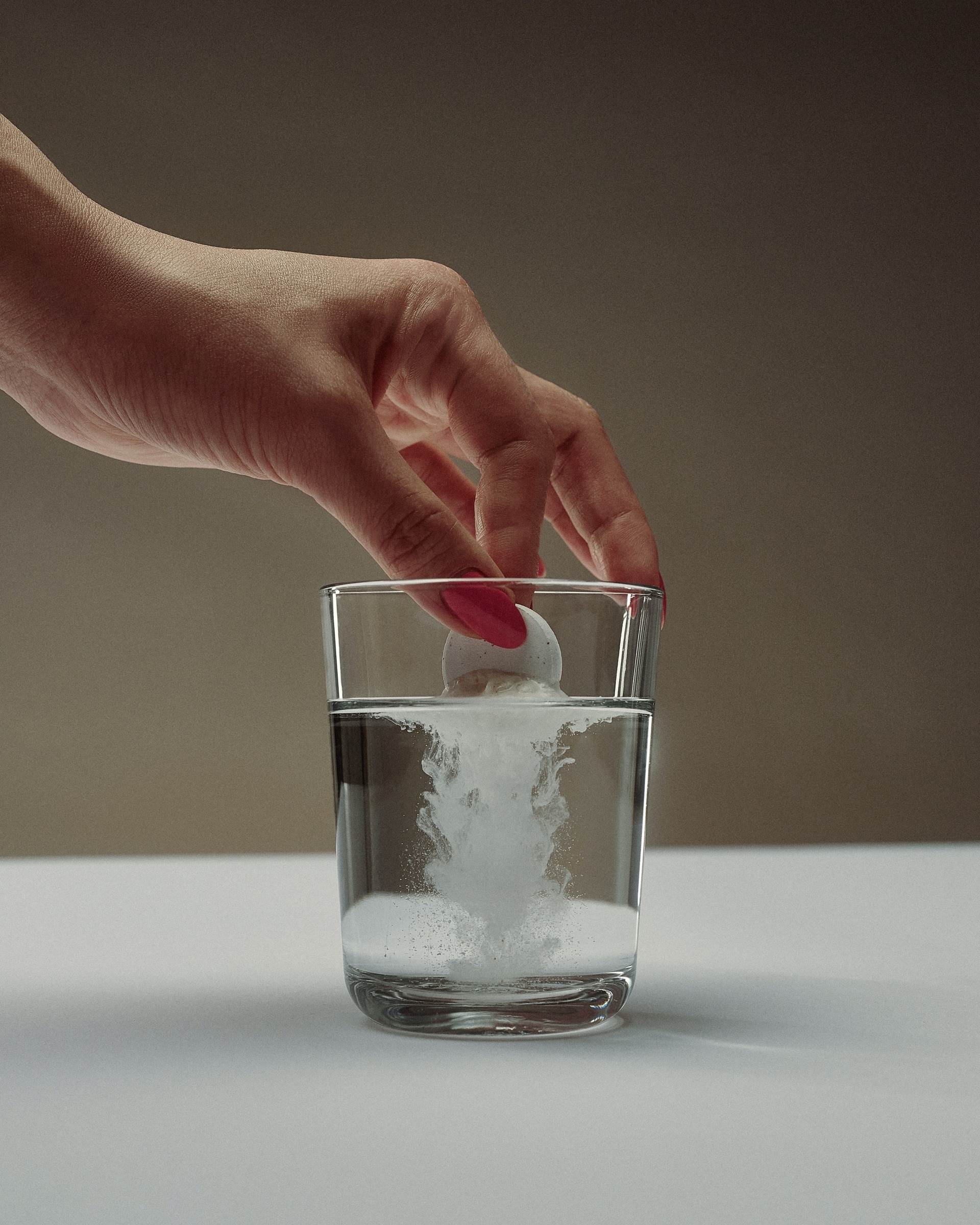

Images: DTS Remedy by Fanette Guilloud
Written by: Devaksha Vallabhjee-Nel
For more news, visit the Connect Everything Collective homepage www.ceconline.co.za

